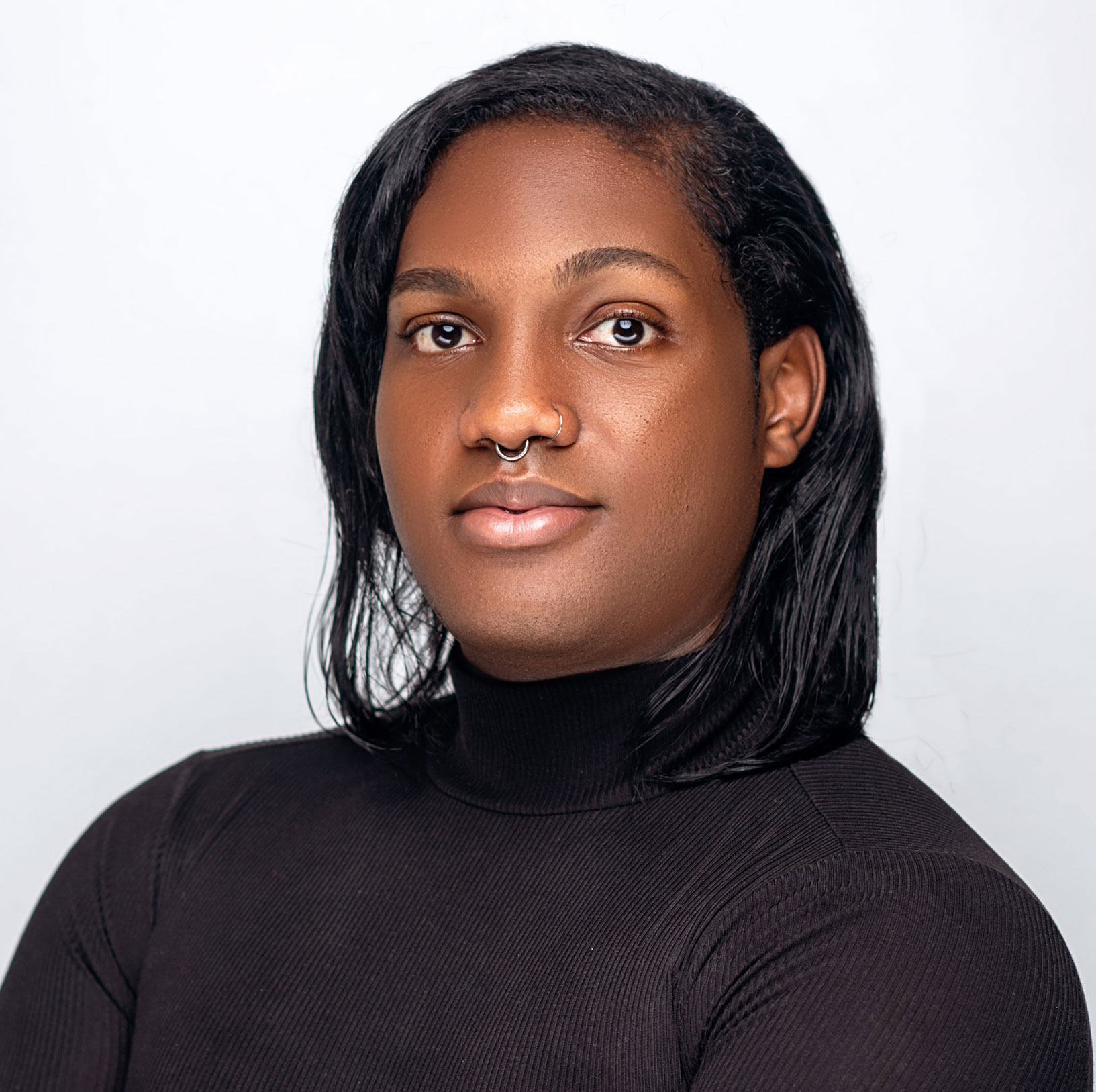
The National Center for Education Statistics projects a six percent increase in higher education student enrollment between fall 2017 and 2028. These projections have implications for higher education employees: an increase in student numbers creates a need for more administrators and staff, but especially faculty.
As such, what are the steps to secure a career as faculty in higher education? A growing field with more competitive candidates requires a strategic approach to successfully navigate a career in academia.
Academia operates on two pillars, namely teaching and research. These primary duties grow over time into more administrative roles with tenure for faculty seeking higher education leadership roles, such as heads of departments and deans.
Teaching
The first step toward a career in academia is completing a degree in the field you would like to teach and research in. The degree level needed to begin teaching at the tertiary level varies, but most U.S. universities require a terminal degree, most often a Ph.D., in the intended career field. Some begin teaching with a master’s degree at the instructor level rank. However, advancement to the rank of professor – assistant professor, associate professor and full professor – requires a doctoral degree. The field of study for undergraduate studies is typically less relevant, as people frequently dive into sometimes completely different graduate degree tracks. It’s important that the terminal degree be within the area you want to teach in, as the expectation is that you are at the near-expert level in your field to lead in teaching and research.
Research
The other arm of academia resides with research. If you enjoy researching – genuinely are concerned with the expansion of knowledge for the benefit of scientists and the community at large – academia is likely a great fit for you. People often start off with very broad research interests, which they refine as they progress in their academic journeys. Typically, the dissertation is the most significant contribution to current literature that represents one’s research interests. Researchers also frequently identify within a specific research paradigm: quantitative researcher, qualitative researcher or mixed-methods researcher. This identity is important for securing career opportunities that are a good match for the nature of the field and institutional orientations.
Other Requirements
Recent graduates from doctoral programs often go on to secure postdoctoral research positions as a preparatory track to full-time faculty positions. During these tenures, postdocs focus on researching and publishing to enhance their skillsets and expertise for entry-level faculty positions, usually at the assistant professor level. Other typical requirements for academic faculty positions include teaching philosophies, research statements and diversity statements.
If your goal is to become an academic, these are some important steps and considerations to account for in strategizing your career plans. With the correct and articulate plan, you can make your dreams of a career in academia a reality.
Prepare for your journey as faculty with a doctoral-level programs at American College of Education.

